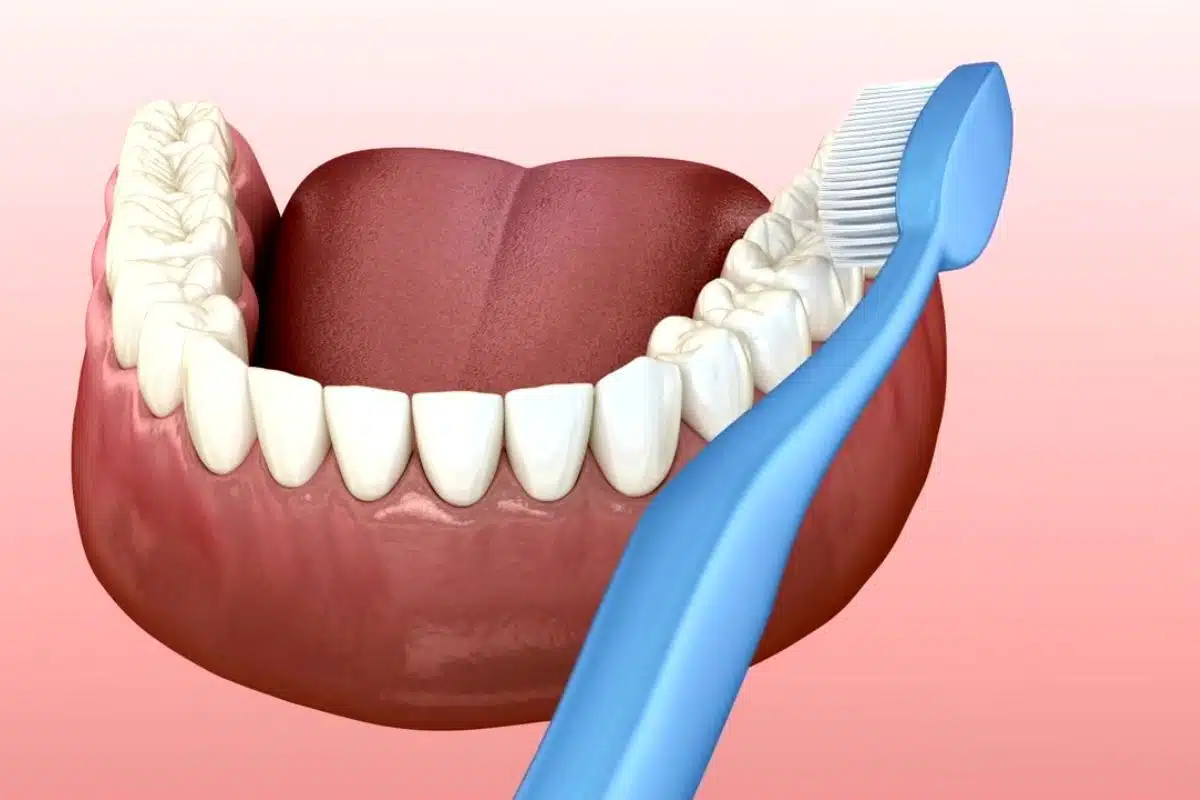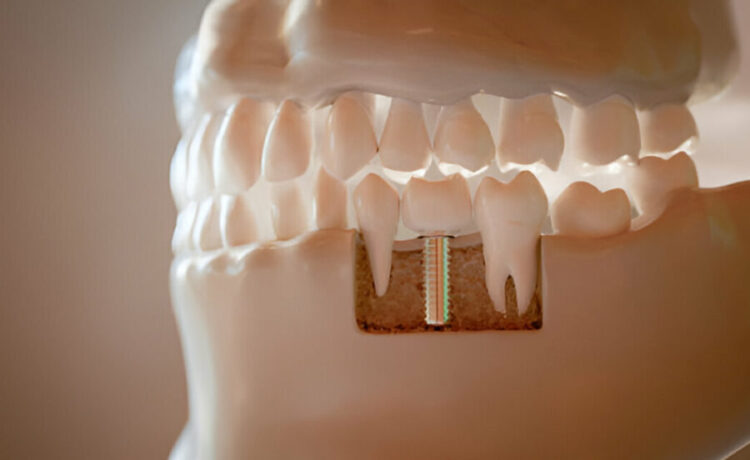Popular and successful for replacing lost teeth, dental implants provide a natural look and feel that, with proper care, can last a lifetime. However, to guarantee their lifetime and performance, dental implants do need careful maintenance, just as natural teeth. This thorough guide offers vital advice on how to maintain your NE Philly dental implants, enabling you to have long-lasting, healthy results.
Understanding Dental Implants
Three elements make dental implants:
- Root: Acting as the tooth root, a titanium post buried in the jawbone
- Connection: A connection is fitted on the implant to retain the crown.
- Crown: The outside component is meant to resemble a real tooth both aesthetically and functionally.
Once put in place, dental implants give stability and function by merging with the jawbone. However, to avoid problems and guarantee they survive for decades, they require regular care and attention, much like real teeth.
The Importance of Long-Term Care for Dental Implants
Although dental implants provide many advantages, they need correct maintenance to last a lifetime. Your implants’ durability and general state depend on long-term care. Problems include gum disease or implant failure, which can develop without consistent maintenance.
Maintaining your dental implants requires both everyday oral hygiene habits like brushing and flossing and frequent dental visits. Working closely with your dentist can help you create a tailored maintenance schedule that meets any issues you may have, depending on the particular requirements of your implant(s).
Additionally, it is crucial to consider lifestyle elements influencing the condition of your implant(s), including diet decisions, general oral hygiene habits, smoking cessation (if relevant), etc. If you give long-term care for your dental implants first priority, you will be able to enjoy all their advantages free from concern about their lifetime.
Essential Care Tips for Dental Implants
-
Regular Oral Hygiene Routine
Twice daily brushing with a soft-bristled toothbrush and fluoride toothpaste helps clear germs and plaque from the implant surfaces and surrounding gums. Cleaning between dental implants and surrounding teeth depends on daily flossing, which also helps avoid gum disease and plaque development. Antimicrobial mouthwash can help preserve oral hygiene and lower bacterial count.
-
Schedule Frequent Dental Check-ups
Plan at least twice a year for regular dental check-ups. Professional dental cleanings and exams can identify problems with dental implants early, guaranteeing quick therapy and the best oral health.
-
Steer Clear of Hard and Sticky Foods
Avoid chewing on hard items or consuming sticky meals that could put too much strain on dental implants and impair their stability. Choose softer foods and cut hard fruits and veggies into smaller bits to avoid compromising dental implants.
-
Stop Smoking and Reduce Alcohol Consumption
Excessive alcohol intake and smoking might hinder the healing process and raise the risk of problems following dental implant operation. Stopping smoking and controlling alcohol intake improve general oral health and increase the lifetime of dental implants.
-
Protect Dental Implants During Physical Activities
Use a mouthguard to prevent dental implants from being damaged in sports or activities that could cause dental trauma. Avoid biting down on hard items or using teeth as tools to save surrounding teeth from damage to dental implants.
-
Maintain Overall Health and Well-being
Choosing a balanced diet high in nutrients helps to support robust bone density, which is necessary for the success of dental implants, and encourages the best healing. Better general health and well-being resulting from stress management and relaxation practices help dental implants last more years.
Conclusion
The lifetime of your dental implants depends much on your lifestyle choices, so developing good habits will greatly help you promote general oral health and extend your life. Given that smoking lowers the blood supply to the gums, delays healing, and doubles the likelihood of implant failure, quitting smoking is imperative.
Furthermore, moderation of alcohol intake is essential since too much of it can aggravate gum disease, create dehydration, and slow down the healing process. Changing these behaviors will help you to guarantee long-term success and preserve the condition of your dental implants.









